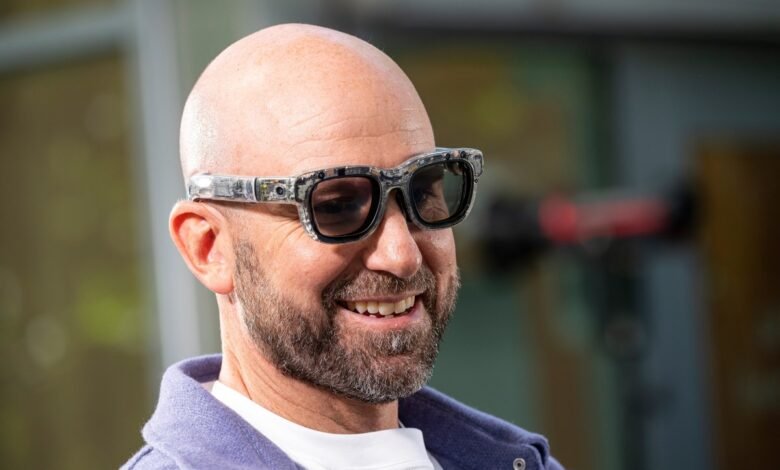Meta CTO Reveals Real Reason Smart Glasses Demos Failed (Not Wi-Fi)

▼ Summary
– Meta’s CTO Andrew Bosworth explained that multiple live demos of their new smart glasses failed during the Meta Connect event due to technical issues.
– One demo failed because the chef’s voice command triggered all Ray-Ban Meta glasses in the building to activate Live AI simultaneously, overwhelming the development server.
– The server overload occurred because Meta had routed all Live AI traffic to an isolated development server not prepared for the volume, effectively causing a self-inflicted DDoS attack.
– A separate demo failure involved a WhatsApp call bug where the glasses’ display went to sleep just as the call arrived, preventing the answer notification from appearing due to a race condition.
– Bosworth stated that these were demo-specific issues and not indicative of product failure, emphasizing that the bugs have been fixed and the technology works reliably.
Meta’s Chief Technology Officer Andrew Bosworth recently provided a detailed technical explanation for the unexpected glitches that occurred during live demonstrations of the company’s new smart glasses at the Meta Connect developer conference. The event featured three new models: an upgraded Ray-Ban Meta, a Ray-Ban Display with a wristband controller, and the Oakley Meta Vanguard designed for sports enthusiasts. Despite extensive preparation, the demos encountered several hiccups that initially appeared to be connectivity-related but were later revealed to stem from deeper technical oversights.
During one segment, cooking influencer Jack Mancuso attempted to use the smart glasses’ AI assistant to guide him through a recipe. After repeating his question multiple times without receiving a response, the AI suddenly jumped ahead in the instructions, prompting Mancuso to halt the demonstration. He suggested that Wi-Fi issues might be to blame before handing the stage back to CEO Mark Zuckerberg. In a separate demo, the glasses failed to display an incoming WhatsApp video call between Bosworth and Zuckerberg, leading to an awkward on-stage moment where Zuckerberg eventually gave up. Both presenters humorously referenced problematic Wi-Fi, though the real causes turned out to be more complex.
Following the event, Bosworth took to Instagram to clarify what actually went wrong. He explained that the failure during the cooking demo was not due to Wi-Fi but rather a critical error in resource allocation. When Mancuso activated the Live AI feature, the command triggered every single pair of Ray-Ban Meta glasses within the venue. Since rehearsals had not involved such a large number of active devices, the system was unprepared for the sudden surge. Compounding the issue, Meta had routed all Live AI traffic to a development server to isolate the demo, unintentionally creating a bottleneck that overwhelmed the system. Bosworth candidly admitted, “So we DDoS’d ourselves, basically, with that demo.”
The WhatsApp call failure, on the other hand, resulted from a previously unseen software bug. The glasses’ display entered sleep mode at the precise moment the call arrived, and when Zuckerberg woke the device, it failed to show the answer notification. Bosworth described this as a “race condition” bug, where timing conflicts between processes led to the malfunction. He emphasized that the issue has since been resolved and expressed frustration that it surfaced during such a high-profile demonstration.
Despite these very public setbacks, Bosworth remains confident in the product’s underlying technology. He stressed that the malfunctions were related to demo-specific configurations and unforeseen bugs rather than flaws in the glasses themselves. “I know the product works,” he stated. “It really was just a demo fail and not a product failure.” The company continues to move forward with its smart glasses lineup, aiming to deliver on the promise of seamless, AI-enhanced wearable technology.
(Source: TechCrunch)





